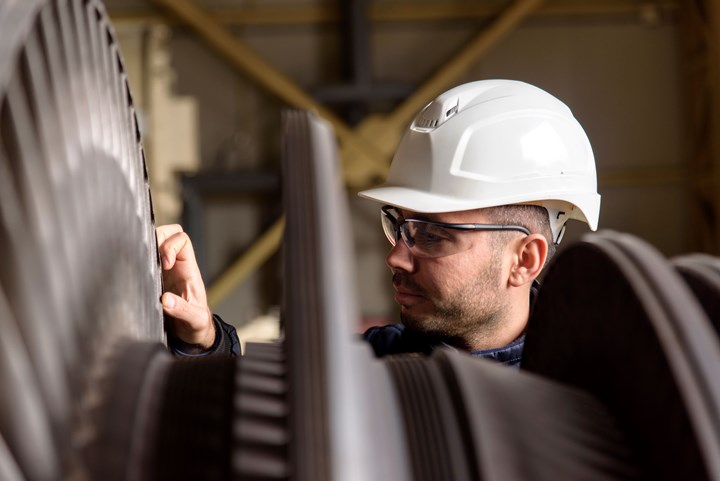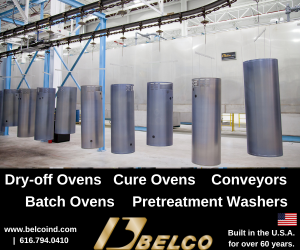Nadcap Discusses Efficacy of Pneumatic Needle Peening for Repair of Aerospace Parts
Supplier accreditation in this emerging technology is now attainable as part of the Nadcap process.

Nadcap, the Performance Review Institute (PRI) program for supplier accreditation in the Aerospace industry, has announced the release of a new whitepaper on Pneumatic Needle Peening, an emerging and promising technology for the repair of aerospace parts and other applications.
Peening is the process of deliberately deforming the surface of a metal by means of hammering or impacting with the purpose of improvement of the material properties of the metal being treated.
Pneumatic needle peening is a new technology that uses air pressure to manipulate extremely hard, small carbide needles to vibrate and cause the formation of a surface layer in the metal being treated. This counteracts tensile stress and can prevent crack formation and early part failure.
PRI’s whitepaper discusses the benefits of pneumatic needle peening for the repair or treatment of small aerospace parts that may already be installed in a vehicle. It goes on to list the benefits of pneumatic needle peening, which include low risk of foreign object damage (FOD), significant improvement in surface roughness over conventional peening, improved fatigue life for treated parts, continuous monitoring and control of process, as well as the portability of the process.
Nadcap is incorporating pneumatic needle peening into its Nonconventional Machining and Surface Enhancement Task Group and plans to offer accreditation for the process.
PRI’s whitepaper on the topic is available for download at p-r-i.org/resources.
Related Content
-
Engineered Shaped Grain Abrasives Take Grinding Productivity to New Heights
Unique three-pointed curved grain approach offers advantages for tough grinding applications.
-
Hubbard-Hall Technical Team Adds Senior Chemist to Staff
David Keller is joining the Hubbard-Hall technical team as a senior chemist.
-
Calculating Applied Media Force During Vibratory Finishing
What appear to be identically set-up vibratory bowls will finish identical loads of parts in varying time cycles. This paper offers a new technique to better predict what the operator will produce, by measuring the force applied to the parts. It is the efficiency of that force which controls the efficiency and speed of the refinement cycle.
















